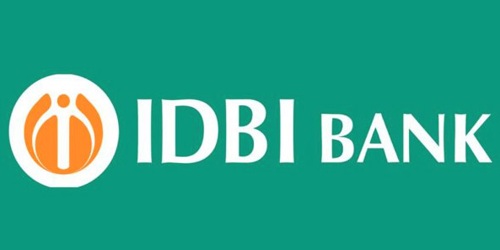Overhead Expenditure
Overhead refers to the ongoing business expenses not directly attributed to creating a product or service. Overhead or expenses, refer to those expenses associated with running a business that can’t be linked to creating or producing a product or service. It refers to all indirect expenditures of general nature that cannot be directly charged to the particular article produced e.g. factory rent, salaries to foremen! etc. These ongoing expenses support your business but are not linked to the creation of a product or service. A business must pay its overhead costs on an ongoing basis, regardless of whether its products are selling or not.
It is important for budgeting purposes but also for determining how much a company must charge for its products or services to make a profit. In short, overhead is any expense incurred to support the business while not being directly related to a specific product or service. A company’s overhead expenditures depend on the nature of the business. Typical examples include: Rent, Utilities, Insurance, Office equipment such as computers or telephones, Office supplies, etc. These expenses are indirect costs, meaning they are not related to specific business activities that generate money.
Overhead Expenditure is costs are all of the costs on the company’s income statement except for those that are directly related to manufacturing or selling a product or providing a service. It can be broken down into three types: Fixed, Variable, and Semi-variable. Fixed expenses are the same every month – such as rent. Variable costs increase or decrease, depending on how busy the business is. This could include wages for certain employees. Semi-variable costs are those that are incurred regardless of the activity level, but which might increase as a business gets busier.
Calculating overhead expenditures is not just important for budgeting but also determining how much the business should charge for a service or product to make a profit. For example, if you have a service-based business, then apart from the direct costs of providing the service, you will also incur overhead costs such as rent, utilities, and insurance. The overhead expenses depend on the nature of the business. For example, a retailer’s overhead costs will be widely different from a freelancer.
















